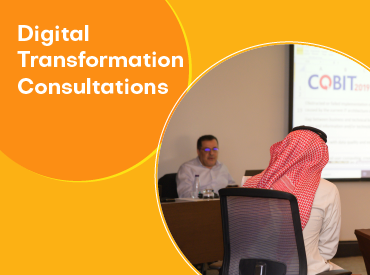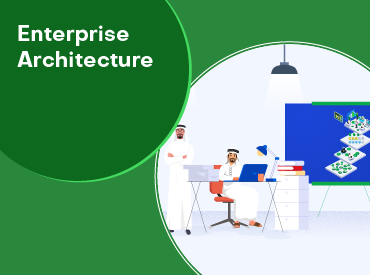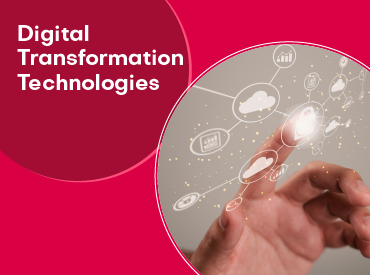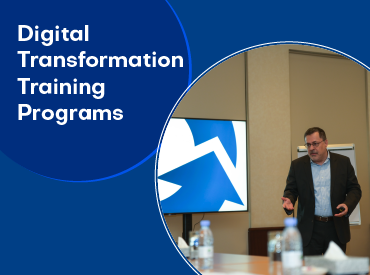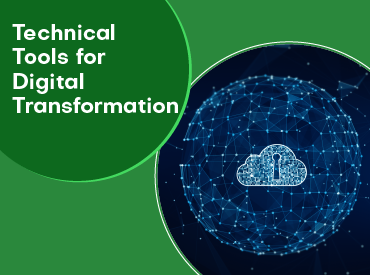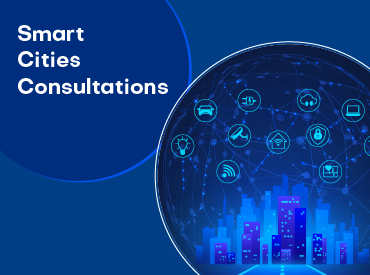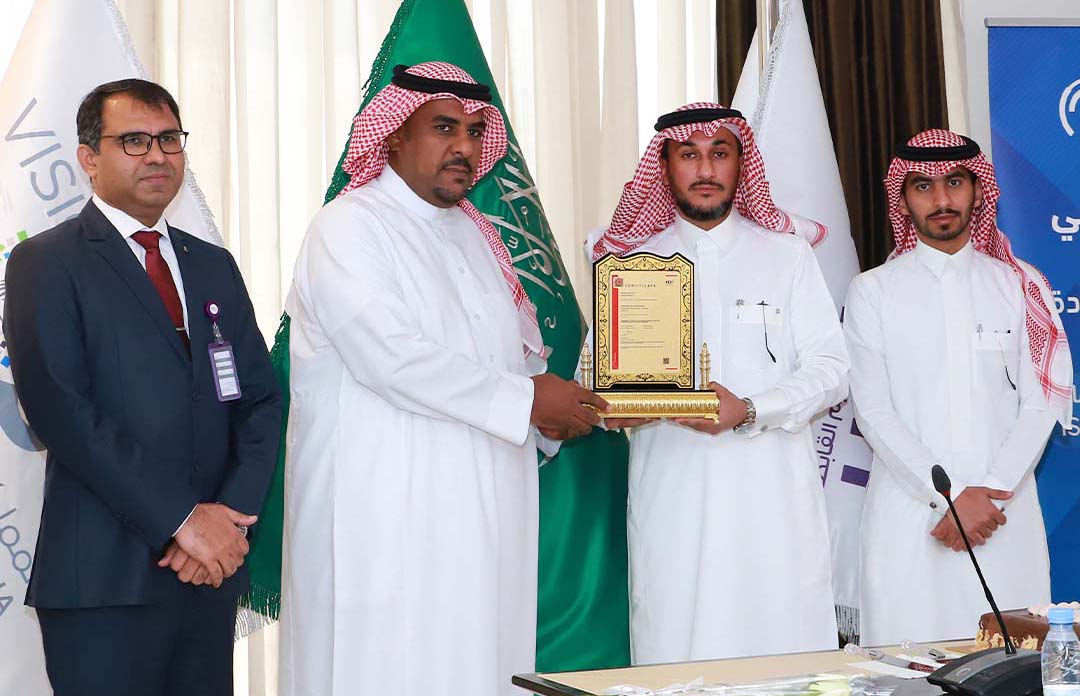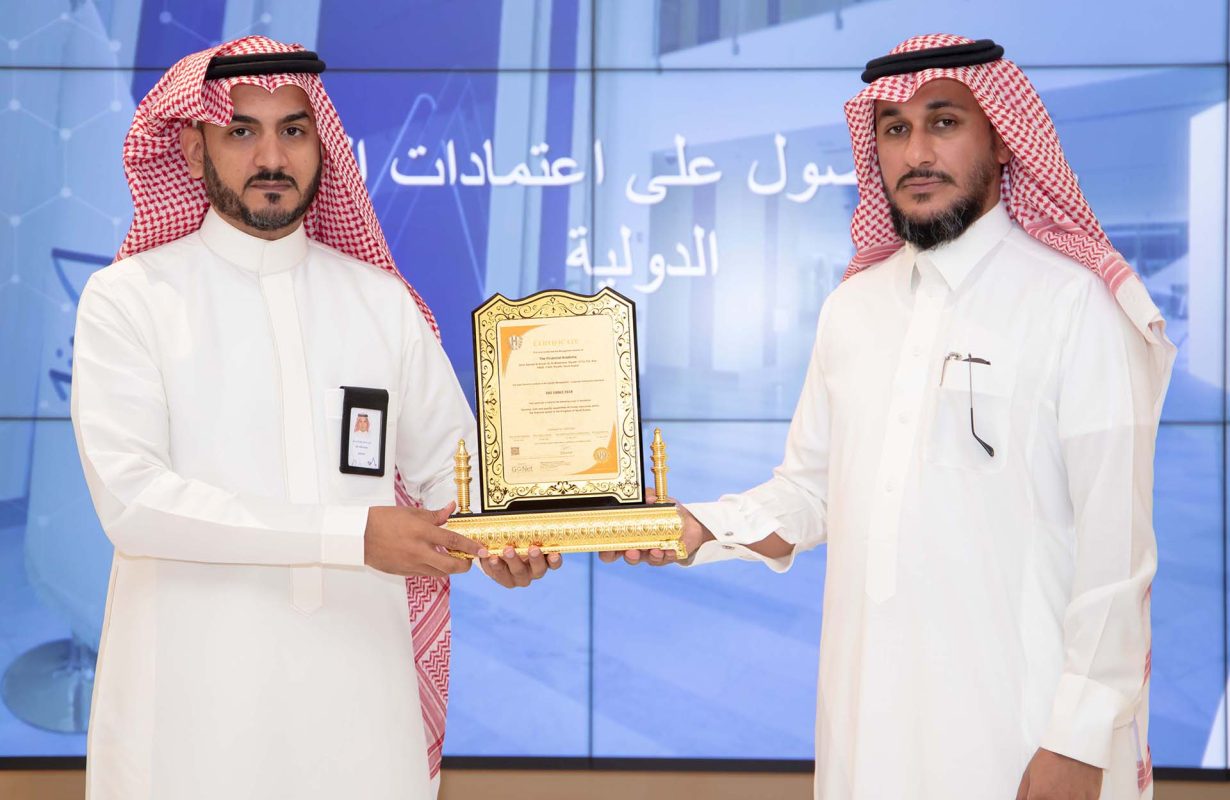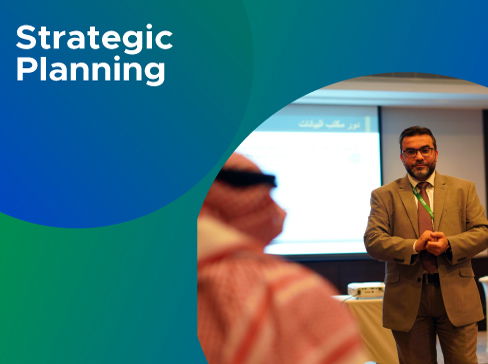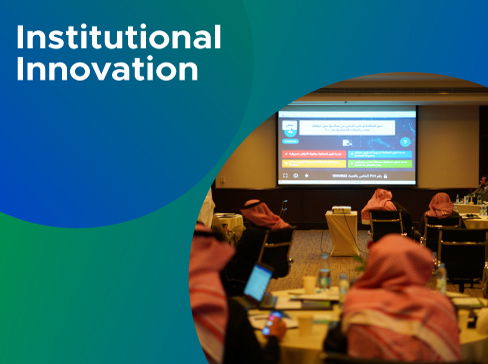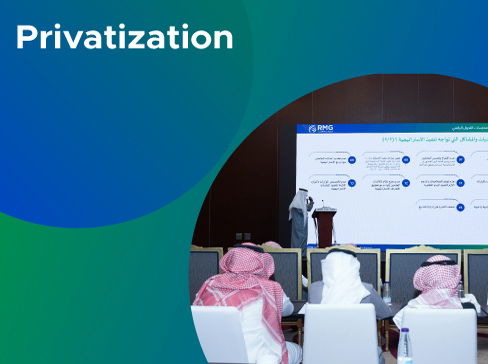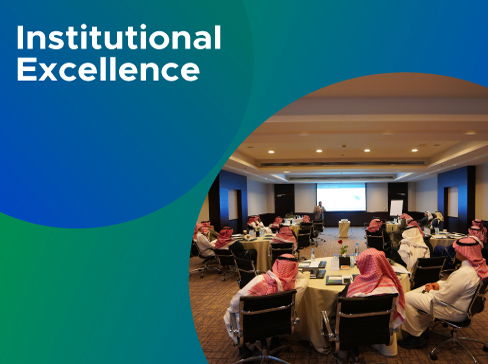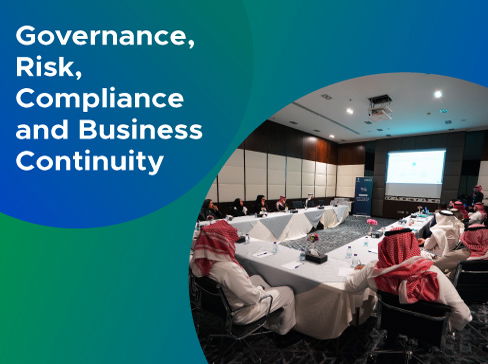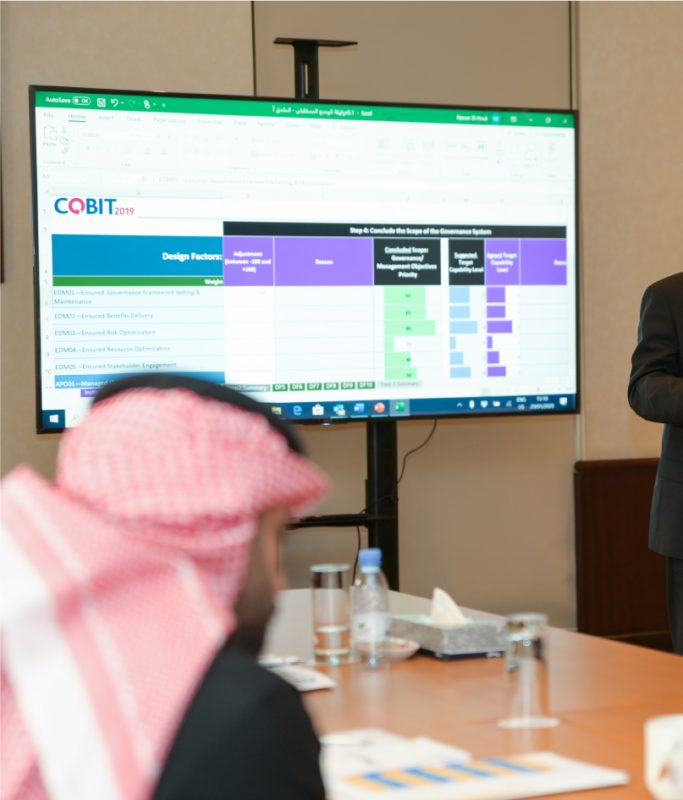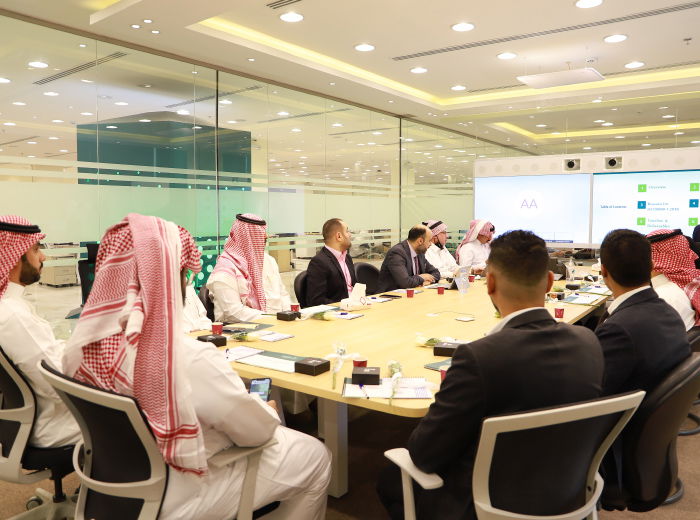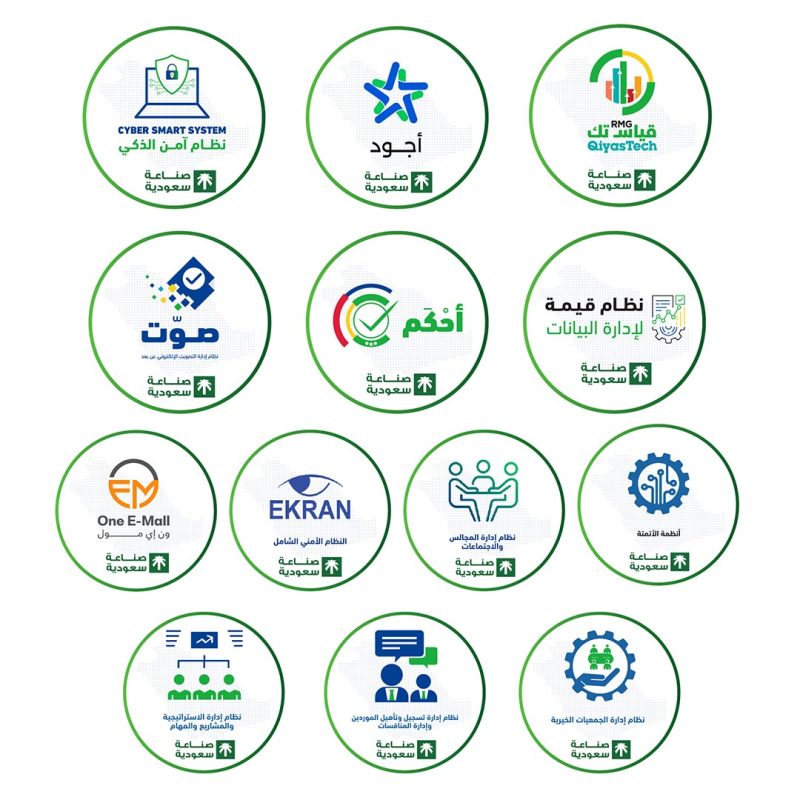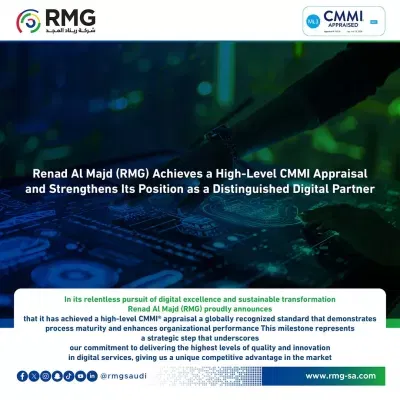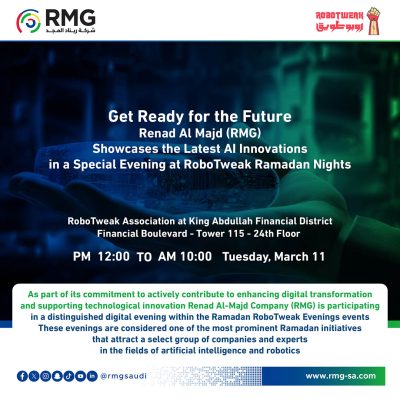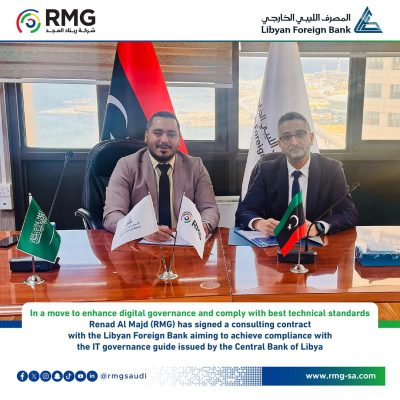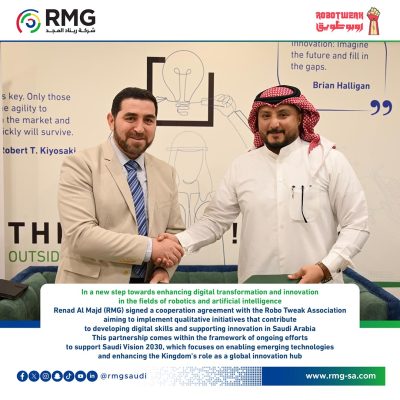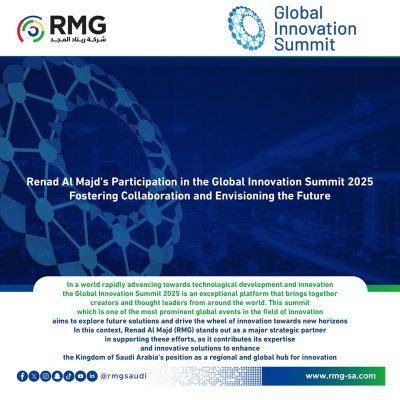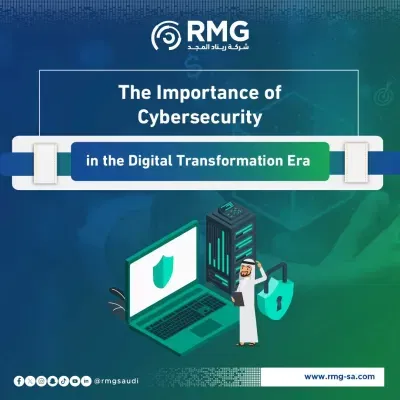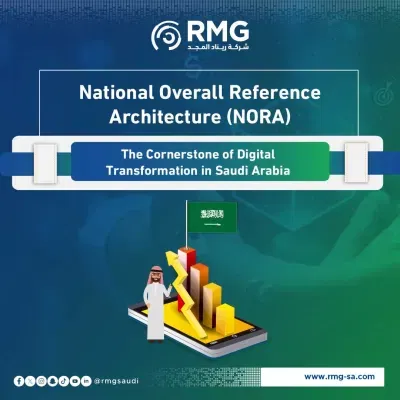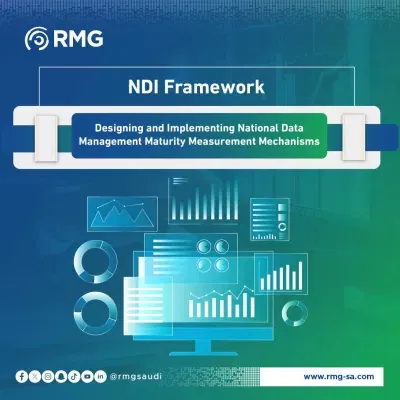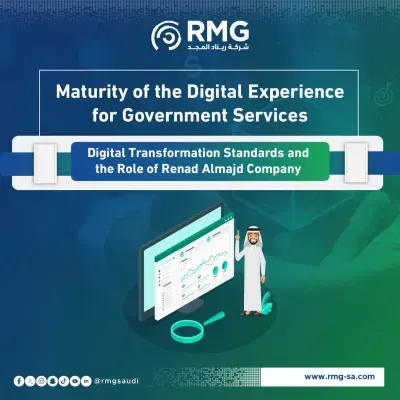Blog Body

Smart cities have become one of the most trending topics in recent years as the global population continues to grow rapidly. This immense growth necessitates strategic urban planning that relies on technology and sustainability.
In this article, we will explore the Smart Cities Foundation’s planning and how cities can grow smarter and more sustainable.
Defining the Smart Cities Foundation’s Planning
The Smart Cities Foundation’s planning encompasses a set of guiding principles and concepts that rely on technology, sustainability, and community engagement. They aim to achieve urban planning and improvements that enhance efficiency, quality, and quality of life for residents.
Smart city planning includes several fundamental principles that seek to balance economic, environmental, and social aspects while emphasising the efficient use of modern technologies for sustainability.
Smart Cities Foundation’s Planning

1.Information and Communication Technology (ICT)
Information and communication technology (ICT) plays a crucial role in the development of smart cities.
This technology can provide solutions to improve data management and enhance government services.
For instance, the concept of smart buildings relies on various sensors, communications, software, and control tools that use advanced technologies.
These systems measure room temperature, humidity, and solar energy and enable efficient control of heating systems.
Moreover, ICT allows for the efficient monitoring of waste management through smart waste collection systems.
2.Sustainable Infrastructure
Sustainable infrastructure aims to design and construct urban infrastructure to balance current needs while ensuring future sustainability.
This policy seeks to reduce the environmental impact of urban development and guarantee environmental, economic, and social sustainability in the long run.
A prime example of sustainable infrastructure is the implementation of an intelligent waste management system
It employs advanced technology to improve waste collection efficiency and reduce the environmental impact of waste disposal.
3.Public Transportation and Intelligent Mobility
Public transportation and intelligent mobility are crucial contributors to enhancing urban infrastructure They enable the efficient use of transportation resources and urban facilities, ultimately benefiting citizens.
Public transportation encompasses various modes such as buses, trains, and subways, providing residents with diversified transportation options.
Moreover, intelligent mobility utilises technology to optimise traffic management and enhance travel convenience.
4. Community Engagement and Listening to Citizens
Smart cities promote community engagement and consider citizen perspectives and needs as vital components of their foundations.
Citizens and their feedback are crucial for the success of smart city initiatives. Digital platforms and online surveys are often used to gather public input.
5. Cybersecurity
Cybersecurity is essential for safeguarding the data and vital systems of smart cities. Advanced cybersecurity measures should be at the core of the Smart Cities Foundation’s planning to protect against potential threats.
6. Promoting Economic Growth and Job Creation
Economic freedom and job opportunities are key factors that significantly impact the peacefulness and quality of life of urban residents.
Therefore, one of the important objectives of smart city planning is to create a conducive economic environment. Several factors contribute to a smart economy, including:
- Fair Competition: Ensuring a level playing field for businesses where competition is encouraged and monopolies are discouraged
- Innovation-Friendly Environment: Creating an atmosphere that fosters innovation and encourages businesses to invest in research and development
- Entrepreneurship Opportunities: Providing opportunities and support for entrepreneurs to start new ventures and small businesses
- Intellectual Property: Protecting intellectual property rights, including patents and trademarks, to incentivize innovation and creativity
- Robust Job Market: Developing a strong job market that offers diverse employment opportunities for residents
- National and International Engagement: Encouraging local businesses to engage in international markets while also attracting foreign investment
7. Improving Health and Education
Smart cities enable residents to better access healthcare and educational services online, thereby enhancing their quality of life and capabilities.
For example, the Elderly Care System continuously monitors the blood pressure and heart rate of senior citizens, alerting hospitals in case of emergencies.
Practical Examples of Smart Cities Worldwide
Many major cities worldwide serve as inspirational examples of successfully applying the principles of smart city design, combining technology and sustainability to achieve tangible social improvements for their citizens. Here are a few examples:
- Helsinki, Finland:
Helsinki is considered one of the most sustainable cities globally. It increasingly relies on renewable energy for electricity and heating and has made significant efforts to enhance public transportation and improve urban infrastructure.
Helsinki promotes the use of bicycles and emphasises green spaces throughout the city.
- Toronto, Canada:
Toronto leverages artificial intelligence and image analytics to improve public transportation management and traffic flow.
The city utilises technology to enhance residents’ access to information and government services, making it easier for them to engage with the city’s offerings.
In conclusion,
The transformation of traditional cities into smart cities presents a significant challenge but offers tremendous opportunities to enhance the quality of life and sustainability.
Recognising the importance of the Smart Cities Foundation’s planning and investment in their development is crucial to building a better future for current and future generations.
If you are hesitant to start and are looking for a consulting partner to assist you on your journey towards smarter and more sustainable cities, Renad Al-Majd Company, a leading IT company in Saudi Arabia, is the ideal choice.
We provide top-notch solutions and consultations in the field of smart cities, combining expertise and technology to ensure the realisation of your goals and vision.



